Wine and Weight: How Does Wine Affect Your Waistline?
 2024-07-04 17:04:07
2024-07-04 17:04:07
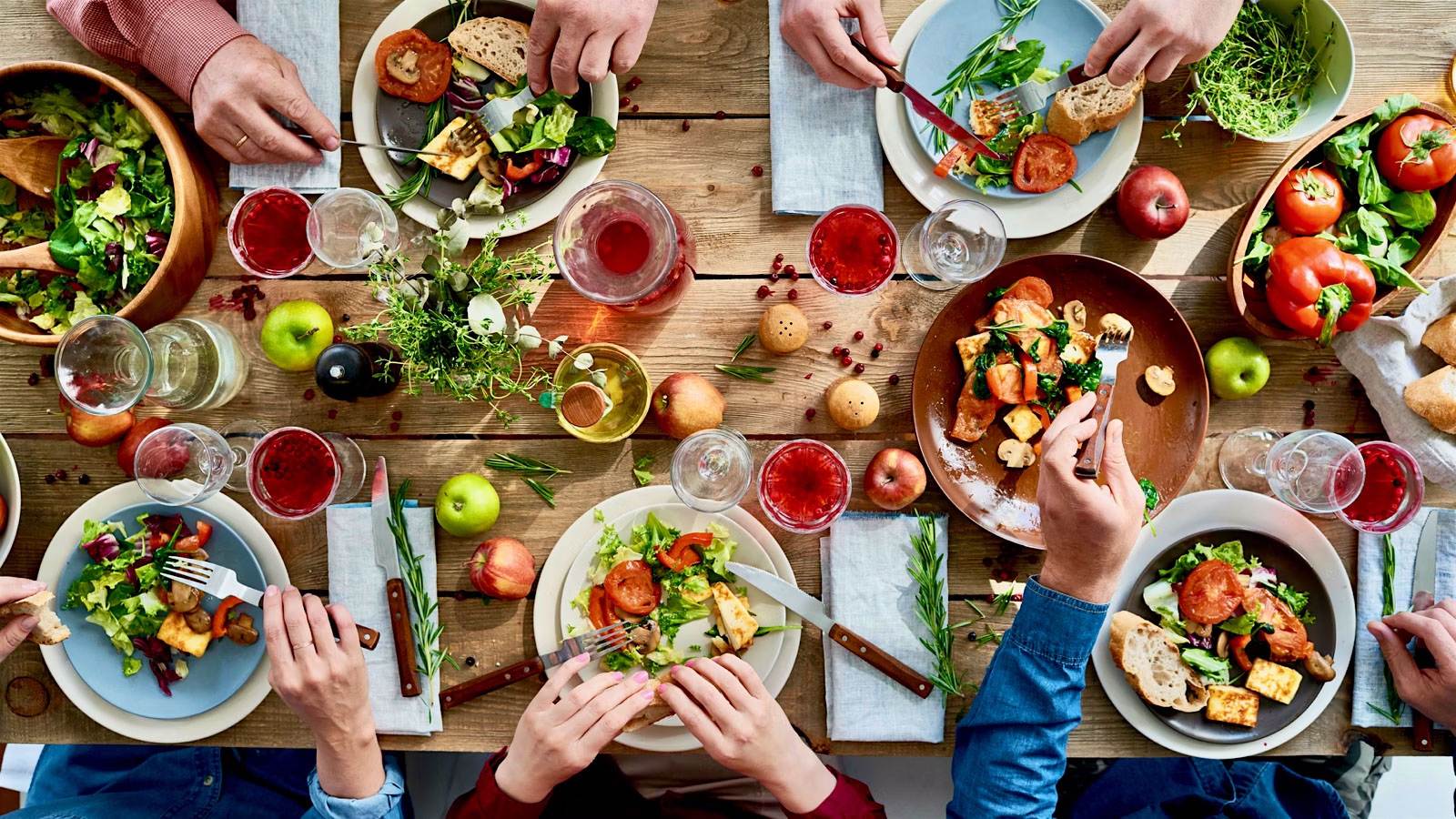 Wine can be part of a healthy, balanced diet. (iStock/Mediaphotos)
Wine can be part of a healthy, balanced diet. (iStock/Mediaphotos)
Whether you want to slim down, you're planning a total body transformation or you're just trying to avoid gaining a few extra pounds, there are a lot of conflicting notions about the relationship between wine and weight. The overabundance of research, articles and opinions can make it tough to decide if you need to change your drinking habits.
And contemplating the calories in a glass of wine is not just about looking good. More than one-third of American adults are obese, according to the Centers for Disease Control and Prevention (CDC), raising their risk of heart disease, stroke, type 2 diabetes and certain types of cancer.
For years, Wine Spectator has looked into the science behind wine and weight to better understand how to maintain a healthy lifestyle without giving up your favorite beverage.
Wine by the Numbers: Counting Calories, Carbs and More
According to the United States Department of Agriculture (USDA), an average 5-ounce glass of dry table wine between 11 and 14 percent alcohol by volume (ABV) will contain 120 to 130 calories. But since only a handful of producers provide nutritional information on their labels, it's hard to know exactly how many calories you're actually consuming with each sip, and the final tally can vary—by a lot.
One way to get an idea of how many calories you're drinking is to look at the wine's alcohol content. A 5-ounce glass of wine that's 12 percent ABV will contain 14 grams of alcohol. One gram of alcohol contains 7 calories, so the higher a wine's ABV, the more calories you're going to consume. (Watch out for those fortified wines!)
Also contributing to your caloric intake? Carbs. At 4 calories per gram, the amount of carbohydrates—including sugars—in your glass can also affect your overall calorie count, so while an average table wine may only contain around 3 to 4 grams of carbs per glass, a typical 3-ounce pour of a dessert wine would clock in at 12 grams, even at the smaller serving size.
Plus, carb count can affect more than just your calorie intake. In the body, carbs are broken down into glucose, which can be burned off when used for energy. But when there is an excess of glucose, it's stored as fat.
Despite that, there are many wines that work within low-carb consumption goals. A good rule of thumb: The sweeter the wine, the higher its carb count will likely be; dry reds and whites, plus sparklers, are often great low-carb options. (Also, keep track of your serving sizes; many drinkers underestimate how much they're pouring, and an extra ounce of wine here and there adds extra calories and alcohol.)
There's one other factor: Alcohol disrupts the metabolic process. Because alcohol is a toxin, your body cannot store it as it does nutrients like protein, fats and carbs. Instead, it must be immediately broken down and filtered out of the body. Since it can’t be stored, the body prioritizes processing alcohol and halts the metabolization of all other nutrients, meaning whatever carbs you've consumed are less likely to be burned off, and more likely to get broken down into sugars and then stored as fat.
But to say alcohol is making you put on fat isn't quite right, says Tanya Zuckerbrot, a New York–based registered dietitian and founder of the F-Factor Diet. “It’s the other foods that you’re eating that can be converted into fat when you’re drinking too much,” she said. “The solution is to not have carbs sitting around [in your belly]. When my clients drink alcohol and they combine it with protein and vegetables, which are both low-carbohydrate foods, it’s almost impossible to put weight on.”
The rest of wine's figurative nutritional label bodes even better for the health-conscious. According to the USDA, the average glass of wine is devoid of cholesterol and fat, and it's also low in sodium—three components you probably want to avoid when watching your weight and overall health.
Where Does Wine Fit into a Healthy Diet?
Of course, people cannot live on wine alone. What role can it play in a healthy overall diet?
Perhaps the most popular regimen that not only allows wine, but often includes it as a key component, is the Mediterranean diet, which promotes consuming fish, vegetables, fruits, whole grains, olive oil and moderate amounts of wine, while staying away from red meats, high-fat dairy and processed foods. Studies have shown that these eating (and wine-drinking) habits have been linked with numerous health benefits, including better heart health and a lower risk of type 2 diabetes.
According to Boston University School of Medicine professor Dr. Curtis Ellison, who analyzes and reviews alcohol and health-related studies, wine plays a meaningful role in the Mediterranean diet, and other diets like it. "Many studies have looked at components of healthy lifestyles … and one of them is moderate alcohol consumption," he said. "In each one of these studies, when they go through the components, they find that each of them independently contributes [to positive health outcomes]."
A 2016 report on global drinking habits explains how two of these lifestyle factors—drinking and diet—might interact with one another to confer health benefits. The review concluded that the heart-healthy benefits of wine increase when it is consumed in moderation and with a well-balanced meal. The researchers theorized that these benefits are due to certain compounds in wine, such as polyphenols, which have been shown to improve health. They also note that drinking while eating lowers blood-alcohol content, which protects the liver.
But when it comes to research on how exactly wine might directly affect your weight, there is less certainty. "No one has really looked so much at the effects of alcohol on weight in a trial," Ellison said, noting that the many factors that contribute to weight loss and gain would make it hard to study. "I would say that we should not recommend everybody go out and start drinking [to lose weight]; we should recommend everybody follow a healthy lifestyle." To Ellison, that means not smoking, maintaining a healthy weight, exercising, eating a good diet and consuming moderate amounts of wine.
There have, however, been studies on alcohol and exercise. Despite seductive headlines that claim a glass of red wine is "equivalent to an hour at the gym," we all (hopefully) know that there's no magic drink that's going to keep you slim without any effort on your part. However, studies have shown that alcohol consumption and exercise may be interrelated, since both activities release feel-good chemicals into our brains, and they both also tend to involve socialization. The observational study showed that moderate drinkers work out more often than non-drinkers, and exercise more on days that they drink more.
Another 2015 study on lab rats revealed that resveratrol, a polyphenol found in grape skins and red wine, may actually help your muscles recover after a tough workout, thus allowing you to hit the gym again and see results sooner. However, the amount of resveratrol given to the rats is more than humans could ingest from wine in a day, so it's important to keep in mind that some of these potential health benefits still require more research.
Practical Advice for Wine Lovers: It's All About Balance
Most experts will agree that if you are going to drink while trying to lose weight or stay trim, wine is one of your best bets. "People say to cut out alcohol because … there is no health benefit," Zuckerbrot said. "For example, a glass of wine doesn’t contain protein or calcium, so people say it’s empty calories." However, many believe that wine's possible health benefits make it a more attractive beverage option than, say, a soda-based cocktail. "I think the real culprit is something that is full of sugar and doesn’t have any vitamin or nutrient property," she said. "That's really where you get your empty calories."
Mitzi Dulan, a registered dietitian and former sports nutritionist for the Kansas City Royals, suggests creating a "calorie budget" for each day in order to enjoy wine without consuming more calories than you can burn. "You just have to figure out how it can work within your diet, and also maybe make sacrifices in other places. [For example], having a glass of wine may be more important than having dessert."
Brooke Alpert, a registered dietitian and founder of nutrition counseling company B Nutritious, cautions not to overeat after a tipple or two. "When you're drinking, your inhibitions go down, so you're much more likely to reach for that breadbasket at dinner," she said. People may make poor food choices because of the alcohol, "and they end up consuming more calories on top of the calories from the wine itself."
To stay on target with your goals, Alpert, who creates customized diet plans for her clients, offers two trusty suggestions. "We either come up with a certain amount of dry nights for the week, so they're only allowed to drink [a certain number of] nights. Or, we agree on a maximum amount of drinks per week," she explained.
It's easy to get sucked into whatever diet craze is currently dominating your social-media feeds, but by following some basic health guidelines (including advice from your doctor), staying satisfied while maintaining your weight—and even shedding some pounds—is still totally possible. And wine can be a delicious part of that.
 Home page
Home page 
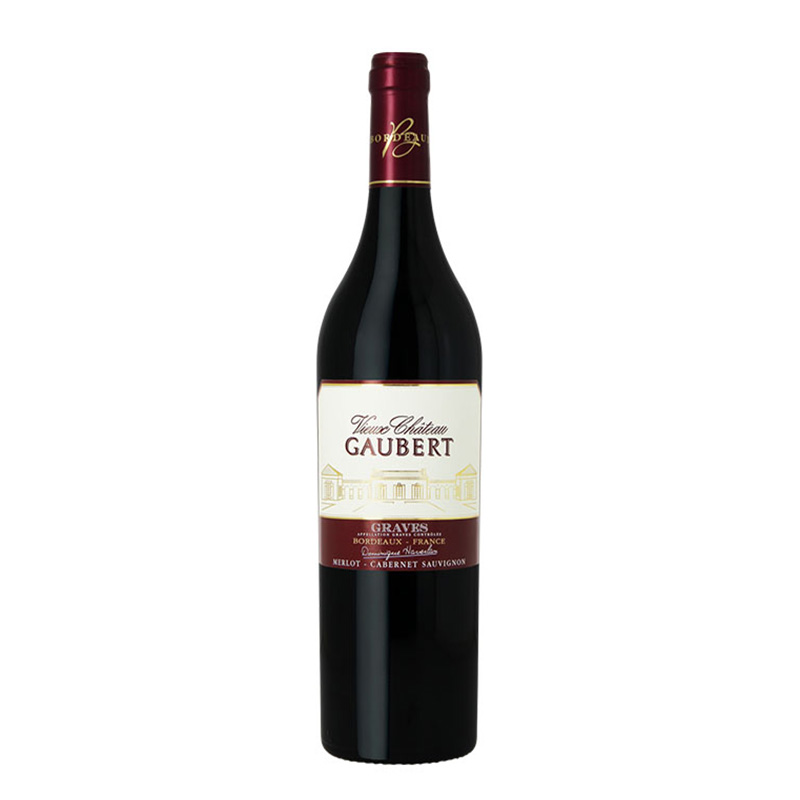

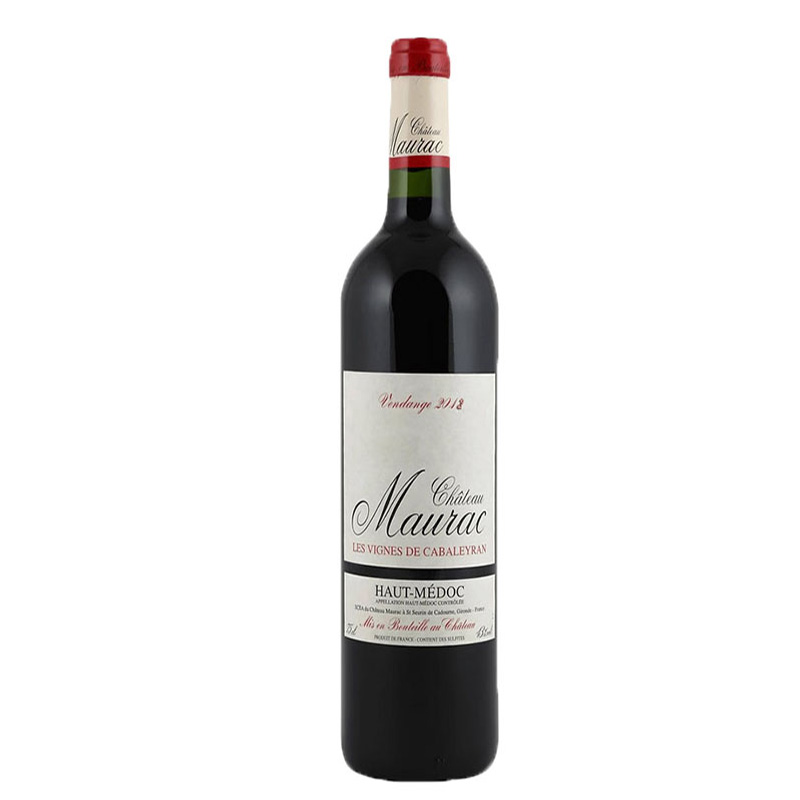
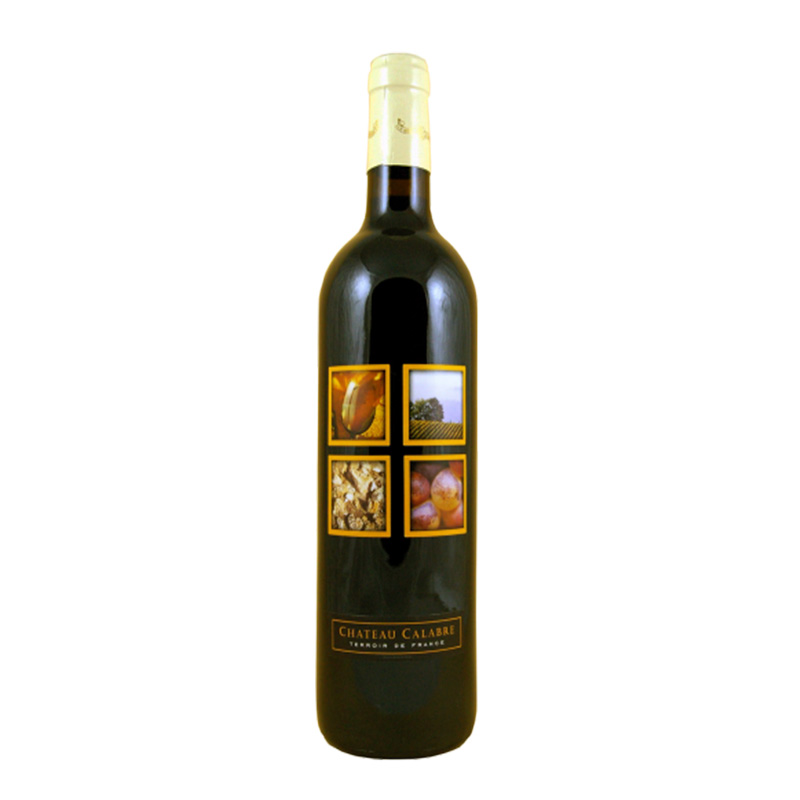
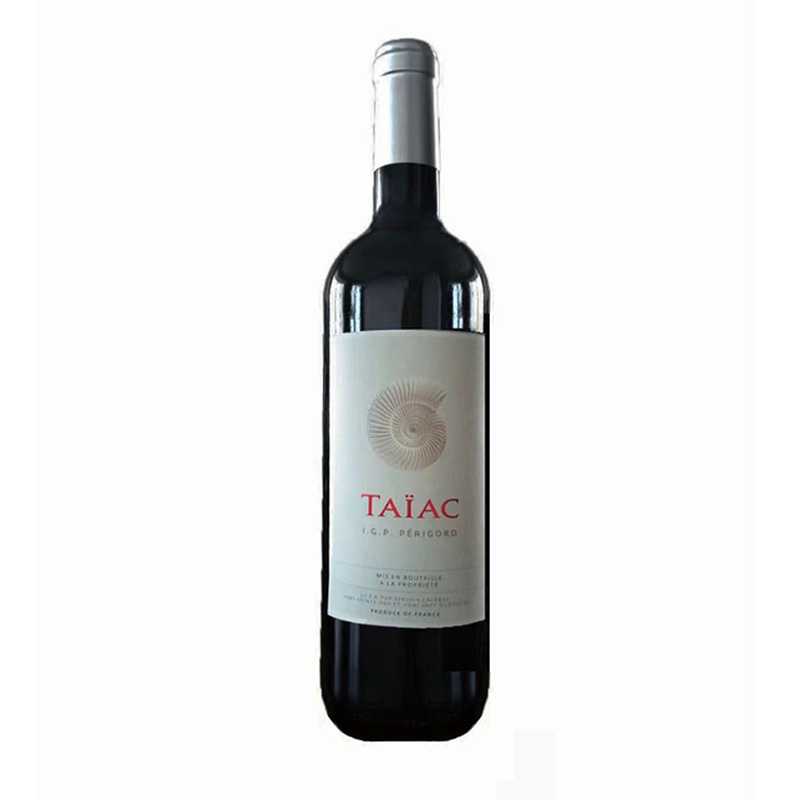

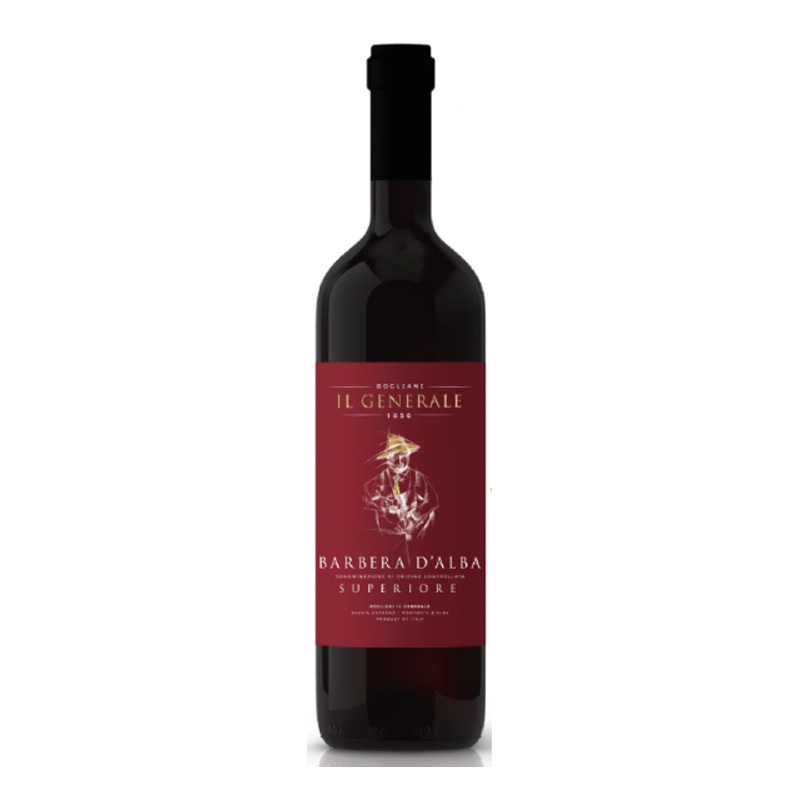
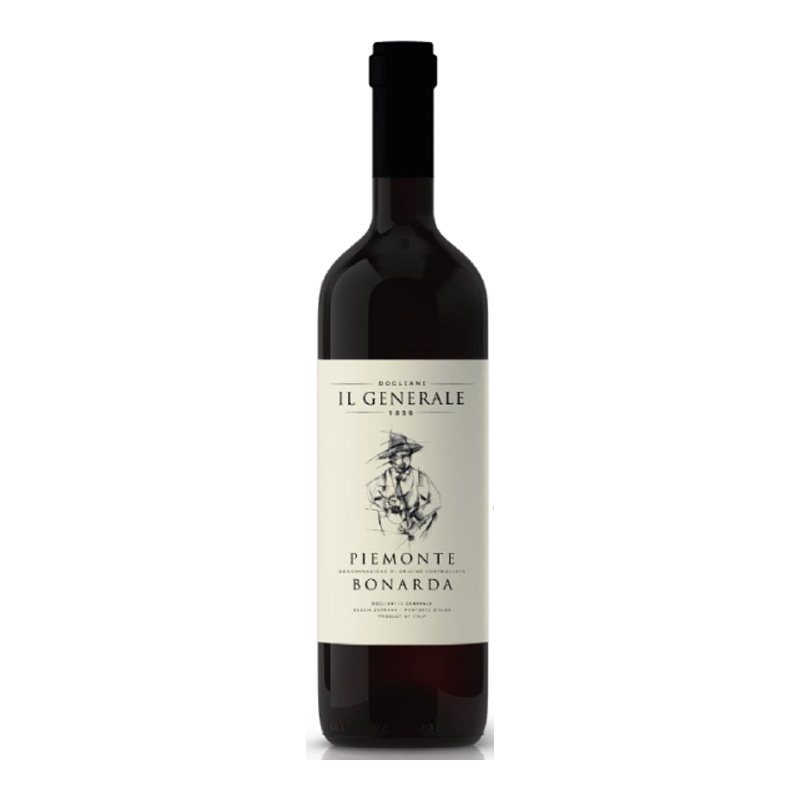
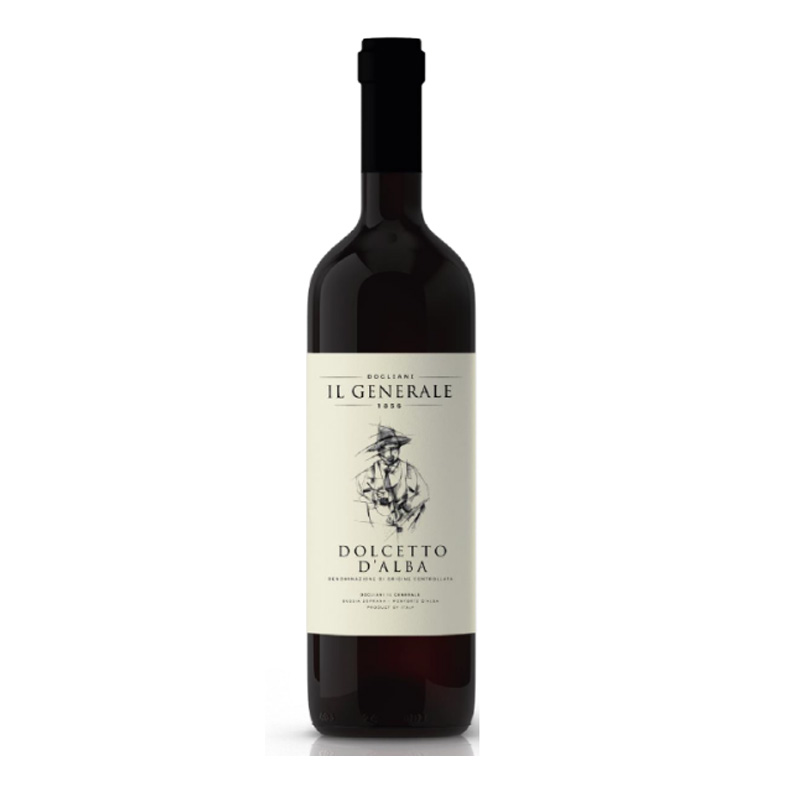


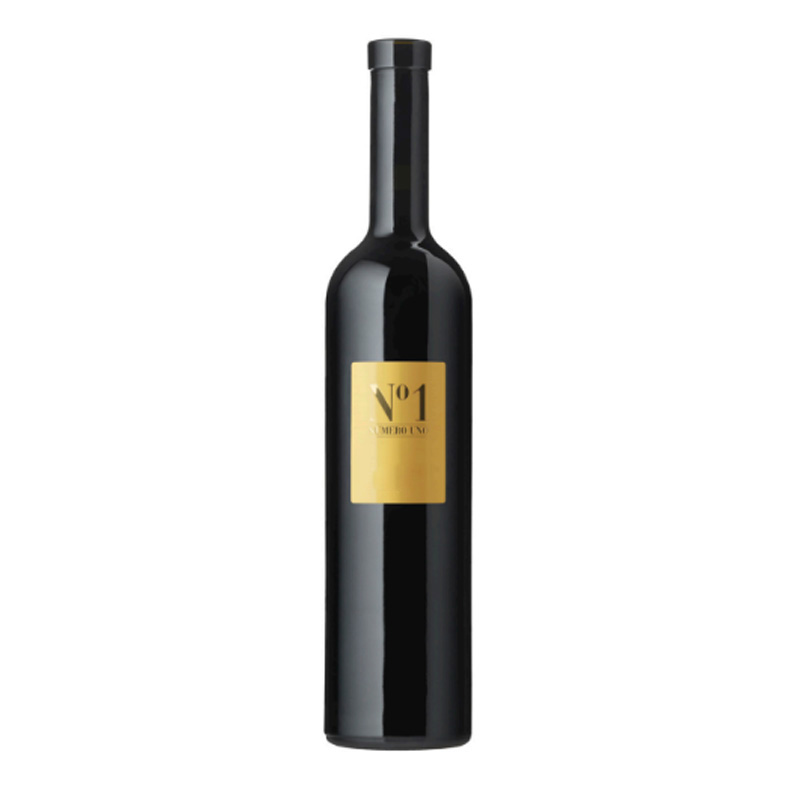
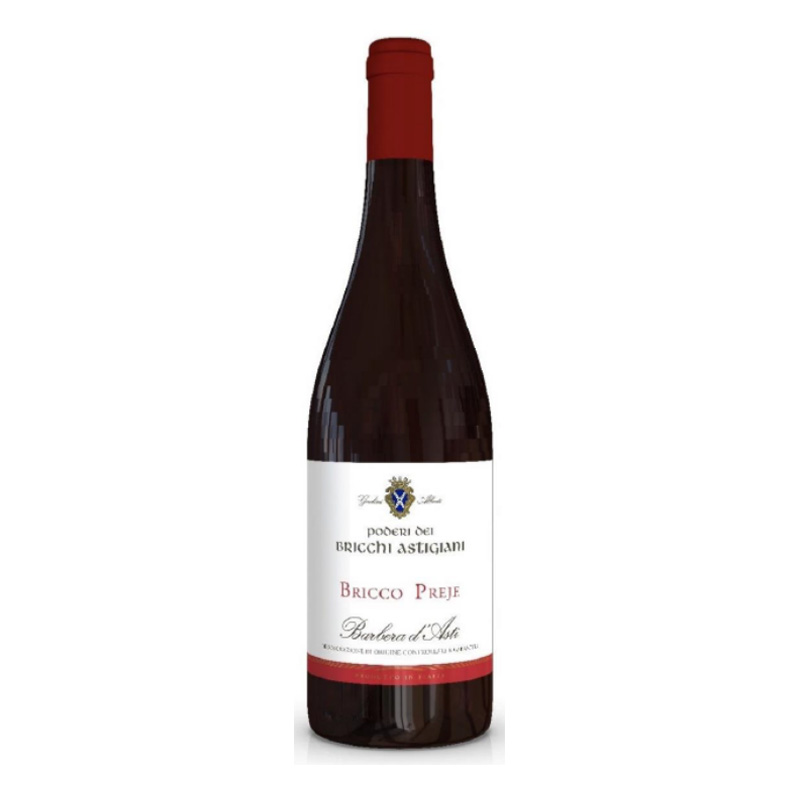

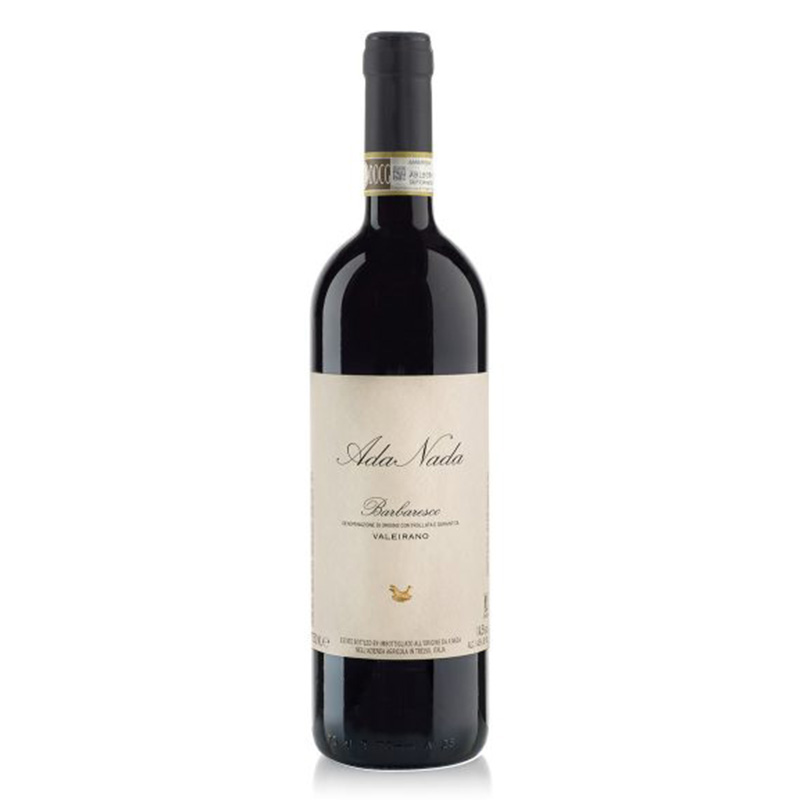
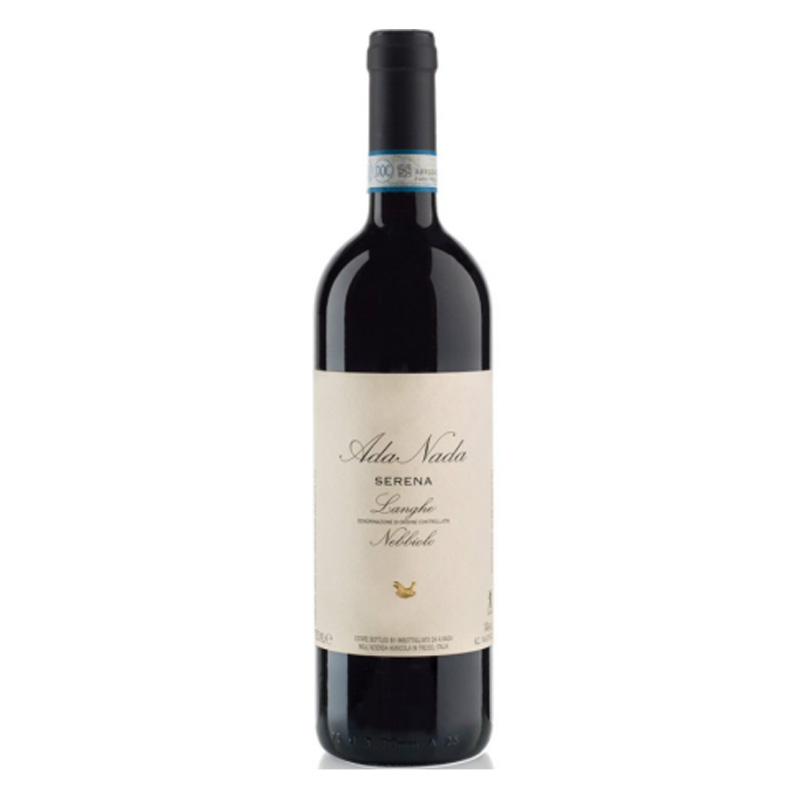


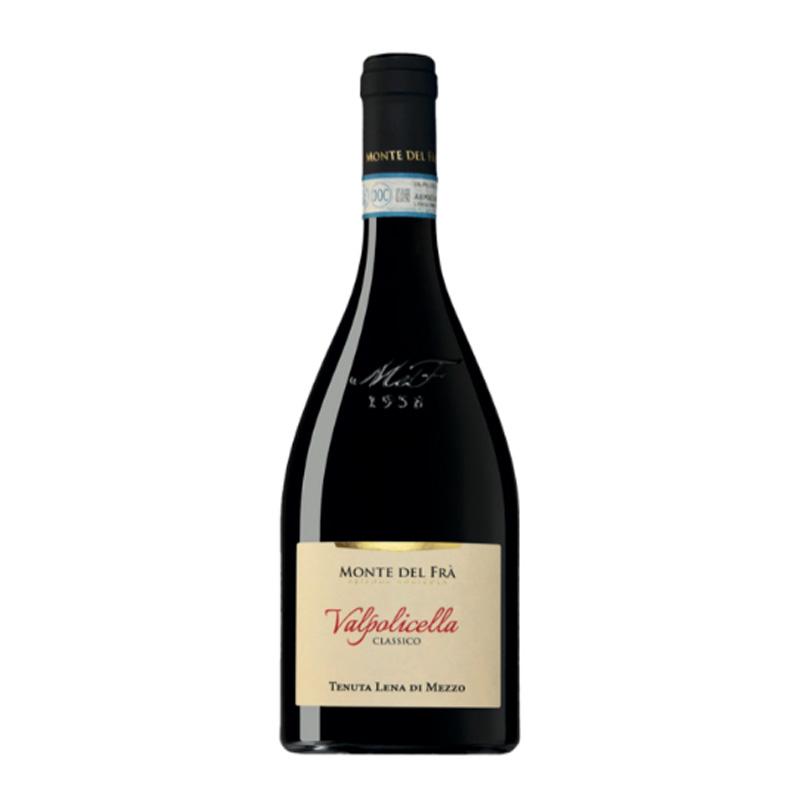



 WeChat login
WeChat login
